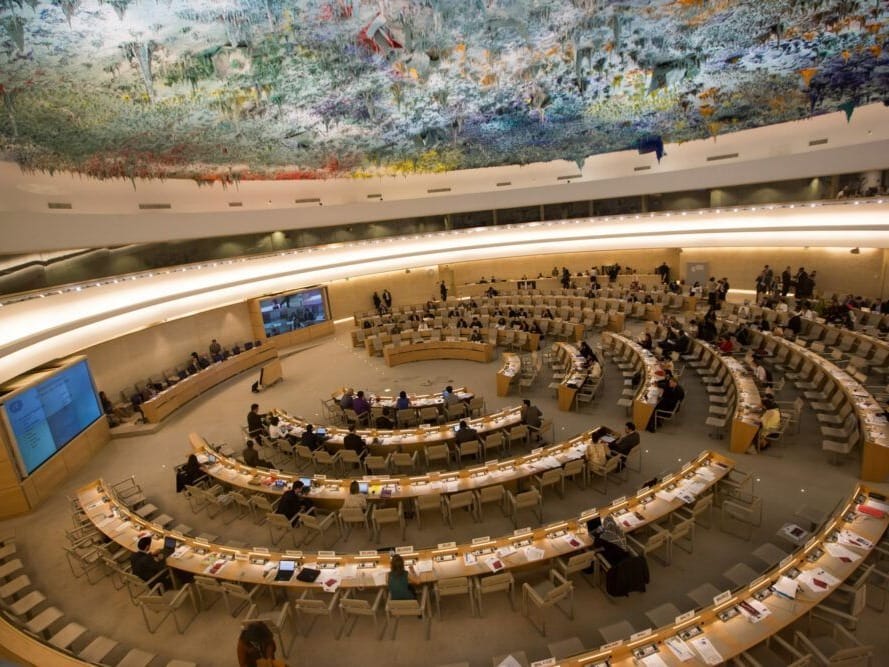GENEVA (AN) — The European Union and eight nations condemned Saudi Arabia in the U.N. Human Rights Council, an unprecedented move to demand its cooperation with a United Nations-led investigation into Saudi journalist Jamal Khashoggi's killing.
The statement signed by 36 nations, including the entire 28-nation E.U. bloc, represented the first collective rebuke of Saudi Arabia since the council was established in 2006.









